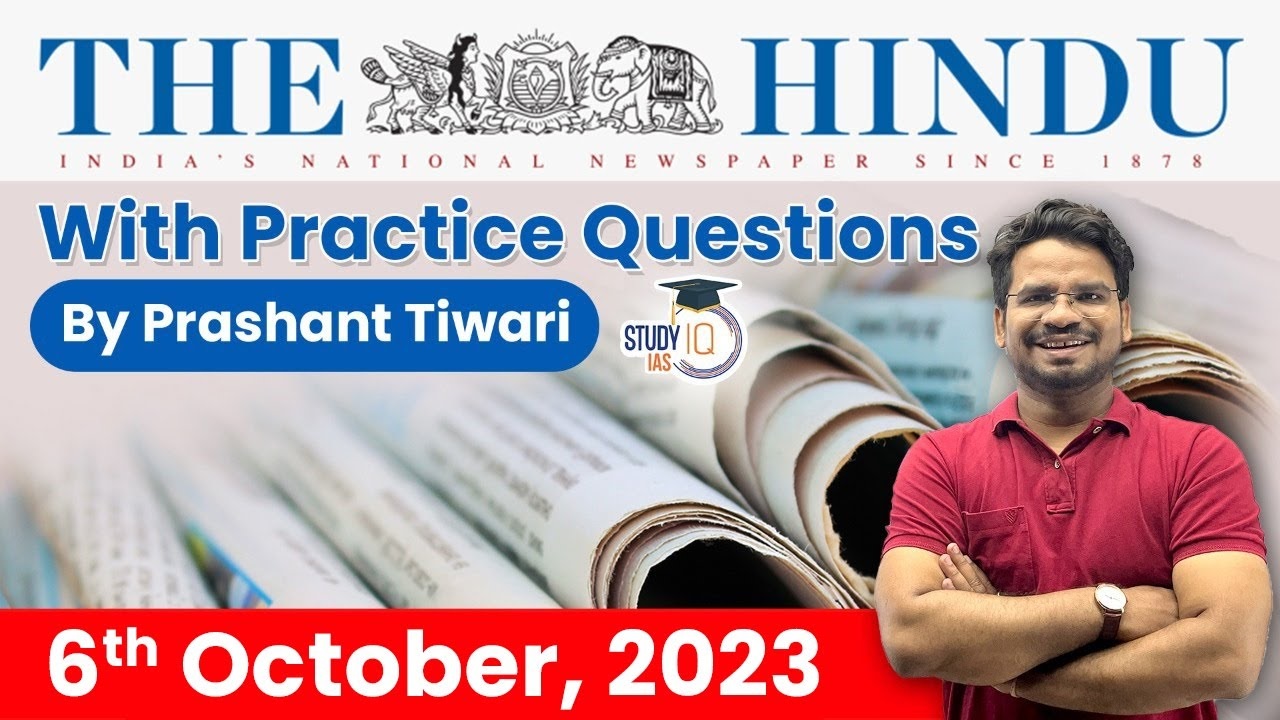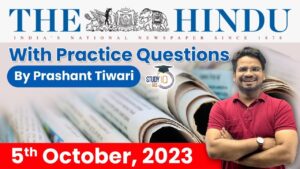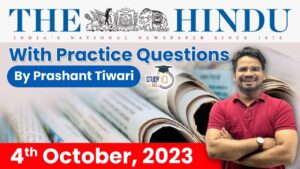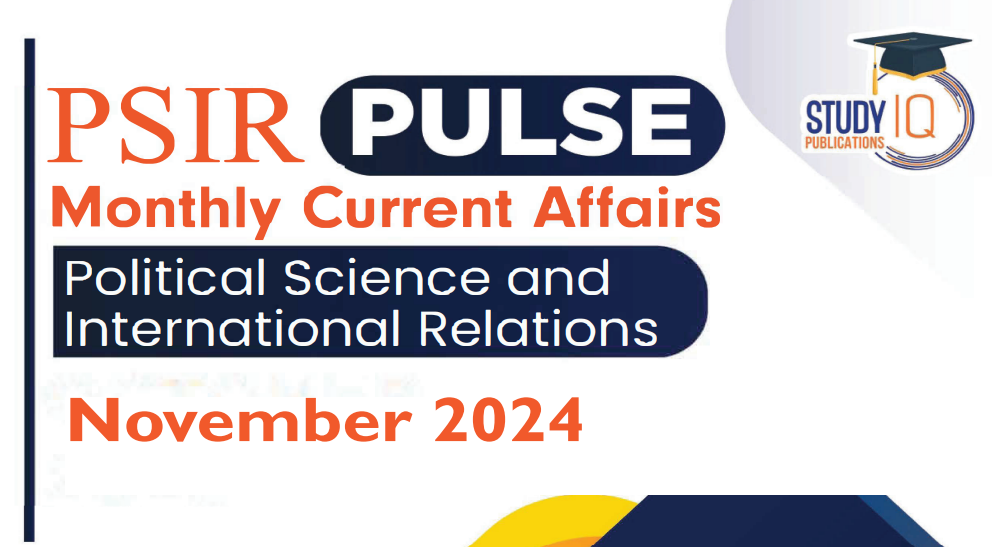The Hindu Newspaper Analysis for UPSC
- Norway’s Jon Fosse, 64, whose plays are among the most widely staged of any contemporary playwright in the world, won the Nobel Prize in literature on Thursday.
- The Swedish Academy said the writer was honoured “for his innovative plays and prose which give voice to the unsayable”.
- His latest book, Septology, a semi-autobiographical magnum opus — seven parts spread across three volumes — runs to 1,250 pages without a single full stop. The third volume was shortlisted for the 2022 International Booker Prize.
- In June 2023, a study conducted by the Madras Diabetes Research Foundation in collaboration with the Indian Council of Medical Research and the Union Health Ministry revealed that 11.4% of India’s population or 10.13 crore people are living with diabetes and 15.3% of the population or an additional 13.6 crore people are pre-diabetic.
- According to the World Health Organization, a major reason for this is the consumption of unhealthy ultra-processed foods and beverages, which are aggressively marketed displacing traditional diets.
- Such food includes carbonated drinks, instant cereals, chips, fruit-flavoured drinks, instant noodles, cookies, ice cream, bakery products, energy bars, sweetened yogurts, pizzas, processed meat products, and powdered infant formulas.
- A 10% increase in the consumption of ultra-processed food a day is associated with a 15% higher risk of type-2 diabetes among adults. When food is ultra-processed, its structure is destroyed and cosmetic additives, colours, and flavours are added.
- The food industry does not want any restrictions on marketing; they offer partnerships as well as arguments of economic development as ‘stakeholders’. The food industry also participates in programmes such as ‘Eat Right’, making false promises.
- The only way the government can safeguard people from the manipulative strategies of the food industry is through a legal framework or even an ordinance (Article 123 of the Constitution) with the objective of reducing/halting the consumption of ultra-processed foods.
- It could also include defining ‘healthy food’, a warning label on unhealthy food, and restrictions on the promotion and marketing tactics of unhealthy food and beverages. The people must be informed of the risk of consuming such food. In this process, there is no reason to partner with the food industry that is responsible for ill health.
- India looks forward to engaging the new Maldives government on “all issues”, the Ministry of External Affairs (MEA) said on Thursday, responding to the Maldivian President-elect Mohamed Muizzu’s statement that Indian military personnel would be asked to leave the islands.
- In November 2021, the Maldives National Defence Force told a Parliamentary Committee that a total of 75 Indian military personnel were stationed in the Maldives.
- In February 2021, the Maldivian opposition protested an MoU or draft agreement on maritime security signed by External Affairs Minister S. Jaishankar with the Maldives Defence Minister, in order to construct a Coast Guard harbour base at the Uthuru Thila Falhu atoll. The construction was inaugurated during a visit by Defence Minister Rajnath Singh in May this year, and this has been the focus of the PPM’s “India Out” protests.
The Hindu Newspaper Analysis 5 October 2023
- According to a new report by Freedom House, a Washington-based non-profit organisation, global Internet freedom has declined for the 13th consecutive year.
- The environment for human rights online has deteriorated in 29 countries, with only 20 countries registering net gains.
- The report, titled “Freedom on the Net 2023: The Repressive Power of Artificial Intelligence”, has raised a red flag on the increasing use of artificial intelligence by governments for censorship and spread of disinformation.
- The report, the 13th edition of an annual study of human rights online, covers developments between June 2022 and May 2023. It evaluates Internet freedom in 70 countries.
- As per the report, the sharpest rise in digital repression was witnessed in Iran, where authorities shut down Internet service, blocked WhatsApp and Instagram, and increased surveillance in a bid to quell anti-government protests. China, for the ninth straight year, was ranked as the world’s worst environment for Internet freedom, with Myanmar the world’s second most repressive for online freedom.
- In Focus: Purchasing Managers’ Index (PMI)
- Purchasing Managers’ Index (PMI) is an economic indicator, which is derived after monthly surveys of different companies.
- It measures activity at the purchasing or input stage.
- In this sense, it is very different from industrial production which is indicative of actual production.
- g., the Index of Industrial Production (IIP) measures output.
- There are two types of PMI — Manufacturing PMI and Services PMI.
- The index shows trends in both the manufacturing and services sector.
- PMI does not capture informal sector activity.
- Institution responsible for releasing PMI for India
- PMI data for India is released by S&P Global – a global major in financial information and analytics.
- Earlier PMI data is India was released by IHS Markit before its merger with S&P.
- The Manufacturing PMI measures the performance of India’s manufacturing sector and is derived after a survey of approx. 500 manufacturing companies.


 The Hindu Newspaper Analysis 5 October 2...
The Hindu Newspaper Analysis 5 October 2...
 The Hindu Newspaper Analysis 4 October 2...
The Hindu Newspaper Analysis 4 October 2...
 The Hindu Newspaper Analysis 3 October 2...
The Hindu Newspaper Analysis 3 October 2...




















